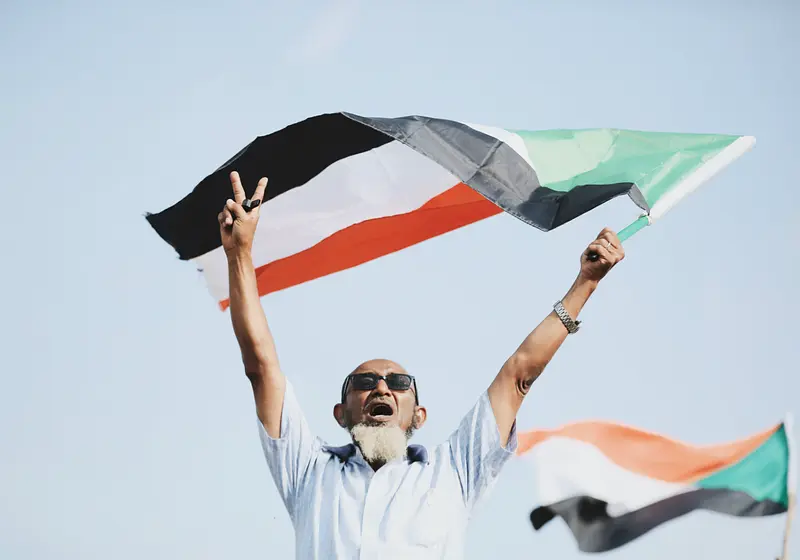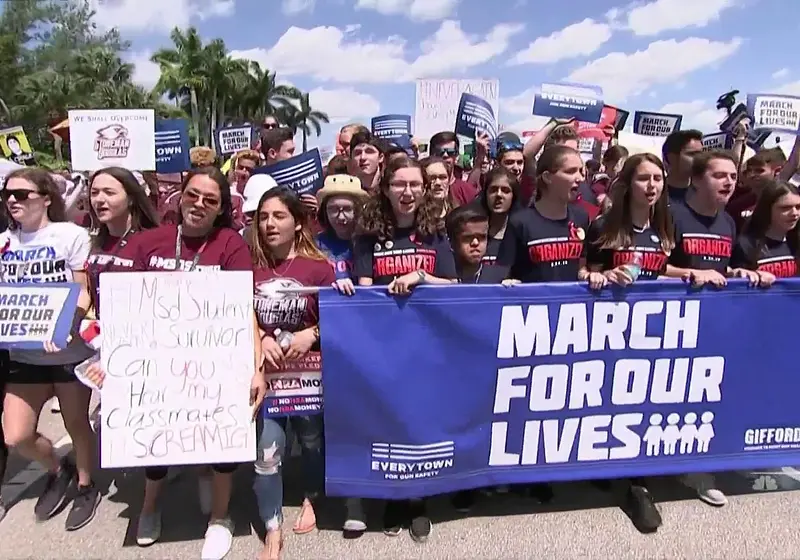Lately, what's been taking everyone's attention is the situation occurring in Gaza between Israel and Palestine. However, In a world inundated with headlines of conflicts and crises, Sudan's plight often remains buried beneath the weight of global news. The ongoing conflict in Sudan has escalated into a devastating humanitarian crisis, plunging the nation into an abyss of suffering and displacement.
Tragically, this strife isn't new to Sudan; it's a culmination of longstanding tensions, violence, and displacement that have plagued the region for years. What's unfolding is an intensified chapter of despair, with millions urgently needing humanitarian aid.
Let us slide into your dms 🥰
Get notified of top trending articles like this one every week! (we won't spam you)What's going on?
Since April 15, 2023, Sudan has been gripped by violence, exacerbating an already dire situation. The eruption of fighting has aggravated an existing humanitarian catastrophe, leaving an estimated 15.8 million people, including a staggering number of children, in desperate need of assistance. Darfur, once again a battleground, bears witness to harrowing scenes of horror.
The recent mass killings of at least 800 individuals within 72 hours at the Ardamata refugee camp in West Darfur paint a gruesome picture of ethnic cleansing by the Arab paramilitary Rapid Support Forces (RSF) and its allies. Reports detail the merciless door-to-door executions of men and boys, their lifeless bodies strewn across the streets, leaving a chilling echo of the Darfur genocide's haunting past.
This grim reality unfolds amidst the backdrop of a conflict that erupted in April, a power struggle between Sudan's military General Abdel Fattah al-Burhan and RSF (Rapid Support Forces) General Mohamed Hamdan Dagalo. Amidst this power struggle, the victims are often innocent civilians, primarily members of the Masalit tribe, seeking shelter in the Ardamata camp.
The atrocities perpetrated by the RSF, including ethnic targeting and arbitrary detentions, have drawn severe condemnation. The U.S. Embassy in Khartoum has expressed deep concerns about the RSF's pattern of abuses and its involvement in the Ardamata killings. The United Nations High Commissioner Filippo Grandi, echoing these concerns, has warned of a looming catastrophe similar to the Darfur genocide in 2003, urging an immediate cessation of hostilities to avert another humanitarian catastrophe.
Save the Children, a vital humanitarian organization has been forced to shut down 57 nutrition facilities. Shockingly, this closure has left 31,000 children without essential treatment for malnutrition and related illnesses. The scale of displacement is unfathomable.
Over 7.1 million people, including 3.3 million children, have been displaced from their homes. This staggering number surpasses the internal displacement figures of other war-torn countries like Syria, the Democratic Republic of Congo (DRC), and Ukraine. The turmoil has forced families to seek refuge wherever they can, whether in makeshift camps, schools, with relatives, or out in the open. Tragically, many have been displaced multiple times, facing relentless danger even in the supposed havens they seek.
These displaced families arrive in communities already strained by existing crises, stretching limited resources to their breaking point. The strain is evident in the neighboring countries where a significant influx of refugees has sought shelter—Chad, Egypt, South Sudan, Ethiopia, and the Central African Republic.
Shockingly, at least 8,000 people fled Sudan to Chad in a week alone. The numbers are staggering, depicting human suffering and the urgent need for international assistance.
Take the Quiz: Which Indian city is the perfect holiday spot for you!?
Let's match you with an Indian city that you would love!
What can we do to help?
The gravity of the situation demands immediate action and global solidarity. However, hope flickers in the dimness. A moral imperative exists for the world to act, intervene, and prevent Sudan from hurtling further into despair. Organizations, like Save the Children, UNICEF, the Sudan Relief Fund, and UN crisis relief play pivotal roles in providing aid, support, and hope to those affected by this crisis.
Save the Children, which has been operating in Sudan since 1983, is tirelessly working to alleviate the suffering of children and families. Despite facing immense challenges due to facility closures, the organization continues to provide emergency medical supplies, nutrition support, and access to education and safety programs for children. Your support to Save the Children's emergency fund could ensure critical resources reach those most vulnerable.
UNICEF, the United Nations' children's fund, is equally engaged in providing healthcare, nutrition, education, and psychosocial support to those affected by the Sudan crisis. Donations to their urgent appeal would contribute significantly to sustaining these vital programs for the affected children and families.
The Sudan Relief Fund is another crucial entity focusing on delivering immediate aid and assistance to victims of conflict. They aim to address the immediate needs of those affected by providing shelter, medical aid, and nutrition support. Your contribution could significantly impact their efforts to relieve the suffering populace.
The UN crisis relief agencies, including the UNHCR, are on the ground, providing shelter, safety, and vital assistance to the displaced population in Sudan and neighboring countries. Donations directed towards these agencies would ensure that displaced families receive essential supplies and support during this tumultuous period.
We must amplify the voices of the displaced and oppressed in Sudan, urging governments and international bodies to prioritize this crisis on the global agenda. Here are crucial ways individuals can contribute to alleviating the crisis in Sudan:
- Raise Awareness: Share information about Sudan's plight on social media, engage in discussions, and amplify the voices of those affected. Awareness is the first step toward mobilizing action.
- Support Humanitarian Aid Organizations: Donate to reputable humanitarian organizations providing aid and assistance to those affected by the conflict. Non-governmental organizations like the UN Refugee Agency (UNHCR), the International Committee of the Red Cross (ICRC), and Doctors Without Borders (MSF) are also actively involved in Sudan.
- Advocate for Diplomatic Intervention: Pressure governments and international bodies to prioritize Sudan on their agendas. Advocate for diplomatic efforts to mediate the conflict and find a sustainable solution.
- Engage with Local Initiatives: Support grassroots initiatives working towards peace and stability within Sudan. Local organizations often have a deeper understanding of the conflict's dynamics and can effect change at the community level.
The situation in Sudan demands immediate and concerted action. The international community's indifference is complicity in the suffering of millions. As Sudan hangs in the balance between hope and devastation, it is our collective responsibility to extend a helping hand and stand in solidarity with those enduring unimaginable hardship.
Conclusion
Sudan's people are not statistics but individuals with families, dreams, and aspirations. The world cannot afford to turn a blind eye to their suffering. It is time for humanity to rise above geopolitical interests and extend a beacon of hope to a nation yearning for peace, justice, and stability. The time to act is now.
















